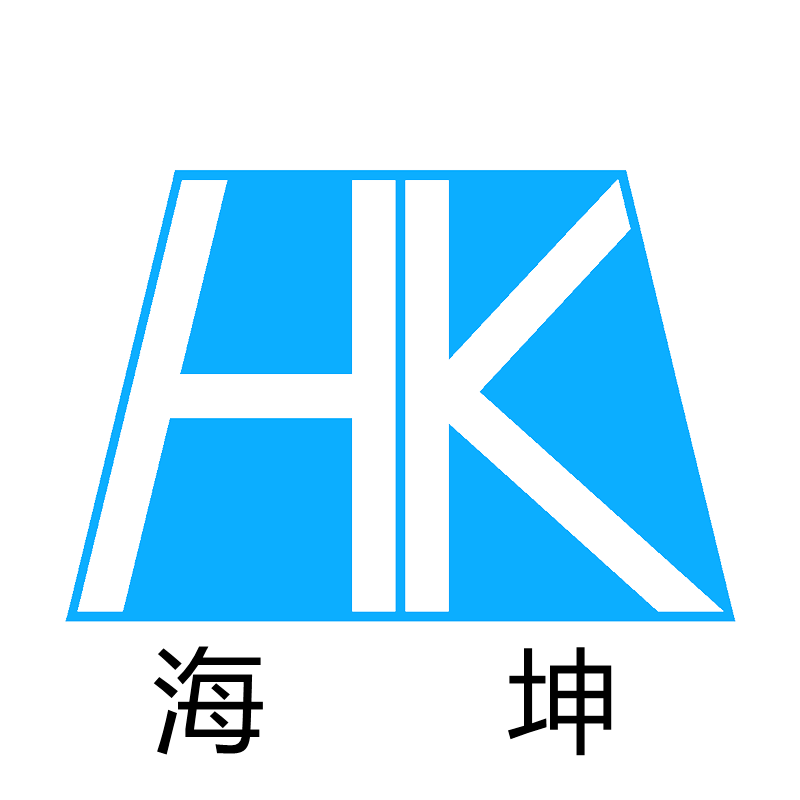Guangdong spot-checks ceramics for daily use: individual domestic ceramics lead and cadmium exceeding the standard
March 02, 2022
The Guangdong Province Administration for Industry and Commerce announced the monitoring of commodity quality of daily-use ceramics in circulation in Guangdong Province in 2010. Among the 120 daily-use ceramic tea sets sampled, the quality of 23 products was more serious and the rate of disqualification was 19.2%. However, it is worrying that among the 120 products that were spot checked, 72 were actually “three non-products” without brand name factory sites, accounting for 60% of the total number of spot checks. Among them, 8 products with excessive lead and cadmium elution were detected, and 7 were “three no” products.
Experts remind consumers that careful purchase of teapots without factory names, ceramic lead and cadmium in heat, more easily dissolved in case of acid, long-term use can cause chronic poisoning. When purchasing tableware, it is safer to be white and unadorned.
Among the 21 unqualified products sampled by the company, there are 14 products that are not trademarks; and there are only two models that can mark the production companies. The rest are purchased in the wholesale market and ceramics stores. Among them, there are 11 sections of Panyu Shaxi daily necessities wholesale market and its ceramics wholesale shop, and one substandard product named “abalone plate” only marked the place of sale as “Chaozhou”.
Yesterday, Chen Yeehuai, deputy director of the Consumer Protection Division of the Provincial Administration for Industry and Commerce, expressed his concern: "The rate of non-conformity in this spot check is actually not too low, and the proportion of 'three no' products is too high. No site name, industrial and commercial department It cannot be traced to the manufacturer and can only be limited to the disposal of the seller, which is very unfavorable for the supervision of the goods."
The spot check results also found that there are serious quality problems, mainly products that are not marked with the factory name site. Out of the 8 products that detected excessive lead and cadmium elution, 7 were classified as non-factory site products.
Consumers may demand compensation for the price ten times. Chen Yehuai said that the industrial and commercial department has issued an administrative notice to the production and operation of daily-use porcelain ceramic tea set operators in the province, requiring that any daily ceramics used in the operation involve the monitoring of unqualified products. Stop sales immediately and report to the local industry and commerce administrative department.
Chen Yehuai said that consumers can request returns from the operators. Since the cutlery falls under the category of “food and related products” as stipulated in the “Food Safety Law”, the claim is not in accordance with the "Consumer Protection Law," which stipulates that the compensation for doubling the price should be stipulated. In accordance with the “Food Safety Law,” ten times the price for compensation.
The industry and commerce departments have already made suggestions to the relevant manufacturers and asked them to automatically recall the unqualified products at the relevant distribution outlets. “If the consumers have reported or the industry and commerce department has already found out the case, they must confiscate them in accordance with the regulations. If consumers make claims, then the losses will be Not a few thousand dollars can be solved."
He suggested that consumers should carefully purchase commodities for daily-use ceramic tea sets that are not on the product or on their packaging. After June 1st of this year, if it is found that there are sales of daily-use ceramic teapots without factory names, they can call the 12315 hotline or log on the website of the Provincial Administration for Industry and Commerce (website: www.gov.cn).
8 products lead and cadmium dissolution rate exceeds the severity of another serious problem in this spot check is the excessive lead and cadmium dissolution, involving a total of 8 products, of which 7 are non-factory site products.
Zhang Jianhong, chief of the Guangdong Provincial Ceramic Quality Supervision and Inspection Station, told reporters that most of the lead and cadmium in the ceramic production process is in the decal process. “The ceramic tableware is beautiful and many colorful patterns are needed. These all require appliques. Bright and glossy, lead and cadmium must be added."
Zhang Jianhong also stated that the rate of exceedance of lead and cadmium dissolved in the spot check was still quite alarming. Most of them were more than two or three times higher. One is the 8-inch square plate produced by the Lianjiang Lip Labs Factory. Up to 4.00mg/L, exceeding the national mandatory standard limit of 13 times.
It is reported that lead and cadmium in ceramics are most prone to dissolution when they are exposed to heat and are extremely harmful to human health. Both lead and cadmium are toxic heavy metals, and long-term intake will affect human hematopoietic, nervous, kidney and other organ functions, causing great harm to the health of the human body, especially harmful to children.
Zhang Jianhong said: “General dishes are all acidic, and lead and cadmium are more likely to dissolve out after being placed in a microwave oven. Generally speaking, it is more safe to buy pure white, unadorned dishes.”
